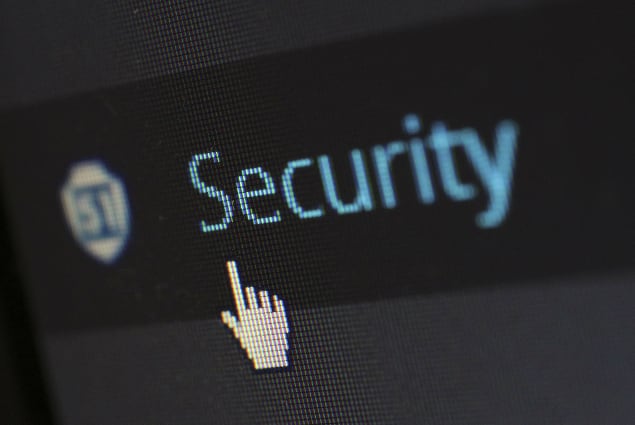Businesses and organisations are likely to be aware of online fraud, but are less informed about the risks surrounding telephone fraud. Essentially, at any time fraudsters may attempt to hack into your telephone systems to make a high volume of high-cost calls to obscure locations for large financial gains.
Typically, experienced hackers will attack Private Branch Exchange systems remotely during the night and out-of-hours, when staff are most likely to be unavailable to check the system and respond. This affects a wide range of sectors, from schools to charities and hotels and retail.
The high cost of telephone fraud
Unfortunately, this type of fraud costs businesses millions of pounds a year and the cost can even force companies to close down; for a small to medium company spending £200 a month on their telephone system, an unexpected attack costing thousands can make them financially vulnerable.
Without the right protections in place, it can be surprisingly easy to become a victim of telephone fraud; cloud-based systems are at risk the same as traditional PBX set-ups.
How can you protect yourself from this type of fraud?
- Ensure adequate firewalls are in place
- Use secure password protection (never the default)
- Regularly update passwords
- Bar unnecessary phone numbers
- Look out for unusual activity
It’s vital that businesses protect themselves from attack by choosing telephony systems with built-in protection. A provider should be able to detail the firewalls in place and the system should be password protected.
Additionally, restrictions on the system, such as barring unnecessary international numbers, out of hours calls and access to your voicemail system from external phones are essential. It’s also recommended that companies set-up voicemail passwords (never use the default) as this is a common route for attackers to enter a system. These passwords should also be changed regularly. Such a proactive approach should limit the ‘worst case scenario’ should a hacker successfully attack.
Unusual call activity can be a change in the patterns you typically see, such as a sharp increase in outgoing calls during off-peak hours.
Our message to businesses is to be proactive and aware of the dangers. Making and receiving calls is a key business component to success and customer service, so it’s important that it’s a top priority to keep them secure.
As added protection, our customers benefit from, VoiceSafe, which will credit the cost of fraudulent calls up to an agreed amount. A real help to fraud victims hit with unexpected costs. In the situation where a company is attacked without a service like VoiceSafe, the responsibility of paying for the calls sits with the business that has been hit by the fraud.
Read our case study with the BWI Group to see how we saved them over £5,000 of costs from PBX fraud.
Check your current security
If you believe your telephone system – either a PBX, IP or hosted system – is vulnerable to attack and is missing the necessary protections available, it’s important to take action quickly to protect your business. Any form of hack can be disruptive to productivity as well as to your finances.
As a general rule, implement a frequent review of call logs and call reporting to assess that calls are genuine and ask your provider to let you know when updates to security features occur. Updates are able to further secure your system from the developing threat from hackers who will be looking to advance their methods and success rates.
Contact us for solutions
Any concerned business can contact Southern Communications for a review of their security measures. Solutions from a review can include updated software and hardware, as well as proactive monitoring practices. These can be cost effective in the long term and if possible, it’s worth seriously considering financial insurance to minimise the economic strain should the worst happen.

